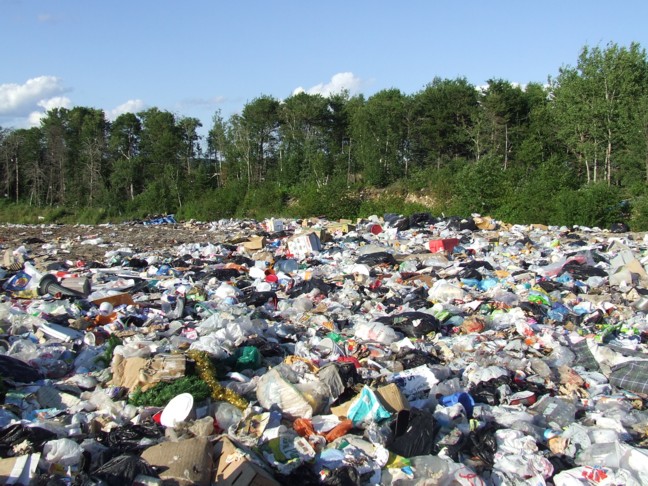
Achieving a goal of zero waste-to-landfill should be high on the agenda for all companies, but what does this mean?
According to The Carbon Trust, over a quarter of the more than 30 million tonnes of waste generated each year in the UK is still being sent to landfill. If the environmental damage this causes wasn’t incentive enough for companies to champion re-using and recycling instead of disposing, ever increasing landfill taxes also provide a strong motivation for organisations to stop sending waste-to-landfill.
There are plenty of popular terms in the waste management industry, and ‘zero waste-to-landfill’ is one of them. Crucially this term does not mean zero waste – a lofty ambition that is not yet economically viable for most businesses, and some hazardous substances must be sent to landfill by law. Instead, ‘zero waste-to-landfill’ is understood to mean at least 99% of waste generated by a facility is not sent to landfill and is instead either recycled, reused, composted or used for energy recovery.
So what does best practice look like for businesses, local authorities and community groups making zero waste-to-landfill claims?
Independent verification
To avoid being accused of greenwashing, or somehow attempting to hide from the realities of landfill diversions, it is crucial that organisations are championing a zero waste-to-landfill approach take note of three key recommendations.
Firstly, they must be transparent about exactly what the initiative means for their business and collect data that can verify their claims. Secondly, they must work with reputable, high-quality waste management partners and conduct regular audits to ensure that waste taken away is being sent where it should be. And finally, organisations must acknowledge that waste sent for energy recovery will still result in ash waste being generated, and CO2 emissions in some instances.
The Carbon Trust Standard for Zero Waste-to-landfill is a new initiative that recognises an organisation’s achievements in reducing its environmental impact by actively diverting its waste streams from landfill through reuse, recycling or recovery. Crucially, the certification offers an independent, third-party validation of achievement in waste management and recognition of best practice approaches to diverting all appropriate waste streams from landfill.
As well as championing best practice, the standard also provides a framework for organisations to enhance their operational sustainability. Improving resource efficiency must go hand-in-hand with securing tangible economic benefits such as reductions in disposal costs and revenues from the sale of recyclable materials, and this initiative can help companies take the required steps to achieve attractive returns on investment.
Companies can also use this standardised framework to benchmark their performance, but those seeking certification must be prepared to be transparent with their data. Certificated companies must robustly demonstrate performance under voluntary and mandatory environmental reporting frameworks such as the EU Landfill Waste Directive, for instance, as well as comply with contracting and procurement requirements for verified environmental impact data and management frameworks.
‘Transparency is the new sustainable’
Essentially, claims of zero waste-to-landfill must be credible. The term has too often been stretched and applied to enhance perceptions about an organisation, without being backed by the real action and effort it takes to make such claims. As such, the phrase itself is at risk of losing integrity, undermining the overall sustainability agenda.
As well as independent verification schemes from reputable and high-profile organisations like the Carbon Trust, other key verifiers include environmental management systems that are accredited to ISO14001, Carbon Smart certifications, and being a registered upper tier waste carrier. These accreditations should be presented transparently – the best contractors will produce regular assessments of their environmental impacts, and make this reporting available and easily accessible to clients.
The best waste management contractors will work closely with client organisations to implement environmental initiatives, including recycling/waste management solutions to help them reach a zero waste-to-landfill goal.
While committing to a target of zero waste-to-landfill is a serious undertaking for any business, the initiative ultimately provides operational efficiencies, while reducing disposal costs and even providing additional potential revenue streams from the sale of recyclable materials. Put simply; it makes good business sense.

